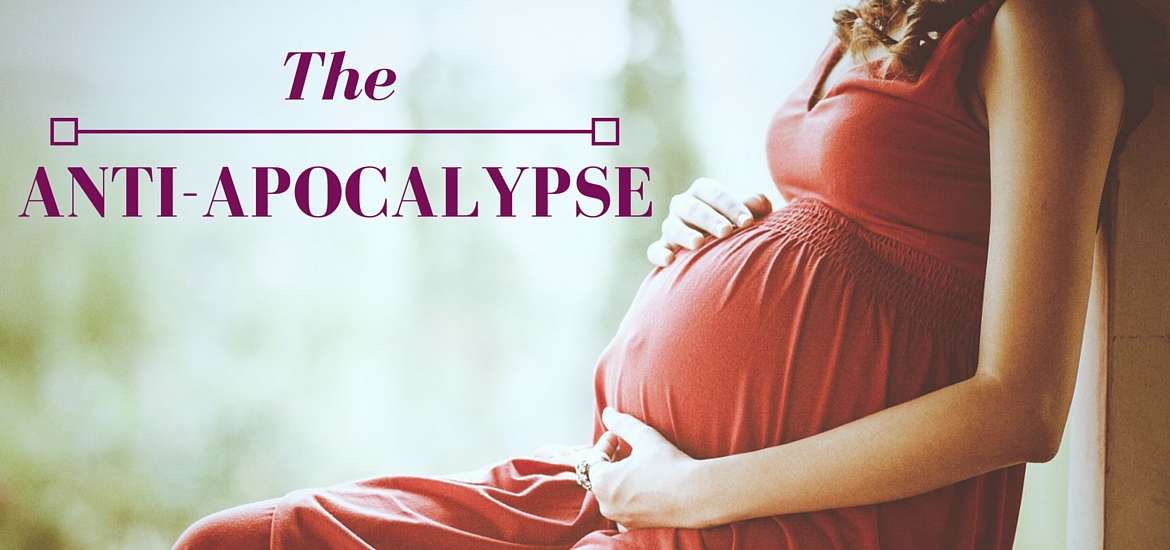My friend Jen was recently lamenting that she had accepted an invitation to Thanksgiving before having received Nancy’s invitation. “Maybe if you keep the party going until 8 or 9, I could join you then!” she half-exclaimed an implied question.
“No.” The inquiry had actually been directed at Nancy, but it was my voice that responded with firm immediacy. I took in Jen’s raised eyebrows and was about to sheepishly backpedal when Nancy burst out laughing, saving my shame by declaring how glad she was to have friends who think just like her, but out loud.
Fortunately, my stance on party hopping wasn’t a secret to either of my friends. A few years ago, I wrote a post on the practice of Thanksgiving hopping. Ok, it was more of a rant than a post, but I still stand by what I wrote (even though it has resulted in a couple of under-attended Thanksgivings).
Our culture seems to believe that everything is a consumable commodity. The logic seems to be that the more we consume of something, the more we will have of what it offers, which seems to be true at first glance. More skin product use means more youthful appearance. More guns means more safety and security. More books means more knowledge.
By this logic, more Thanksgivings (more servings of more dishes, more people, more places, more events) could mean more of the promise of Thanksgiving – joy and gratitude. And party hopping may fulfill that promise, I suppose; my experience and observation is that it often doesn’t.
I wonder if the striving for more joy is the very thing that prevents joy from deepening. I wonder if the attempt to gain a deeper feeling of gratitude keeps gratitude from wholly forming. I wonder if rushing to achieve the next thing is what keeps us from noticing God’s activity right where we are. I wonder if celebrating Thanksgivings-in-the-plural blocks the experience of truly feeling thankful.
An achievement-orientation demands that we always strive for more, but joy and gratitude and love seem to have no concern for achievement. They seem more willing to flourish when we let go of needing anything beyond what’s immediately available to us, more present when events and busyness slow down, more deeply experienced when we deeply notice what is already presently in our midst.
So if slowness isn’t part of your regular practice, I’d encourage you to consider trying it. Even for just one day – and Thanksgiving seems like a pretty appropriate day for a slowness experiment. Many of us spend most days of the year rushing from event to event, meeting to meeting, party to party. Perhaps we could dedicate one day to slowing down, to noticing where we are, to being with our loved ones, to considering the goodness that is already happening in our midst.
May you trust that you need not go anywhere for goodness to manifest. May you seek the goodness that is present right where you already are.
*All names changed.






